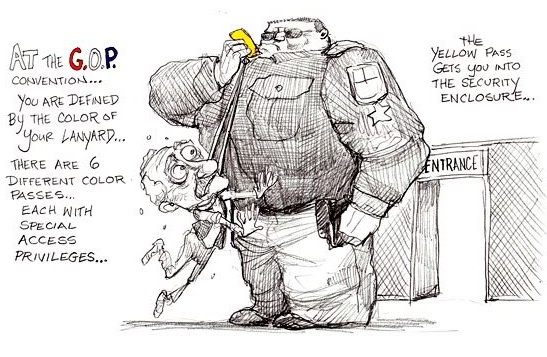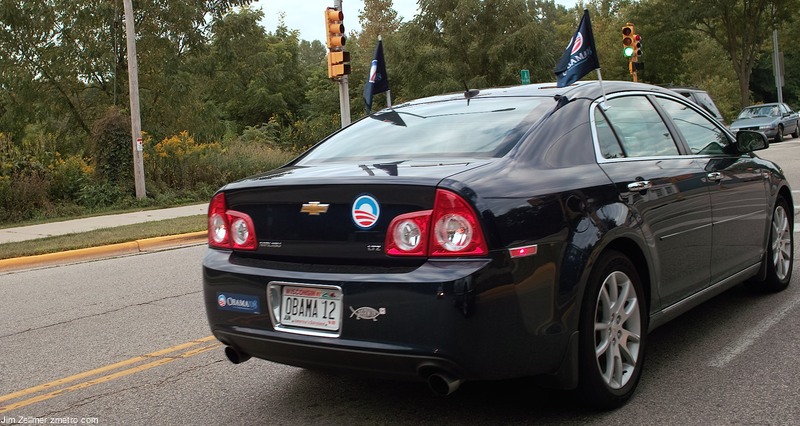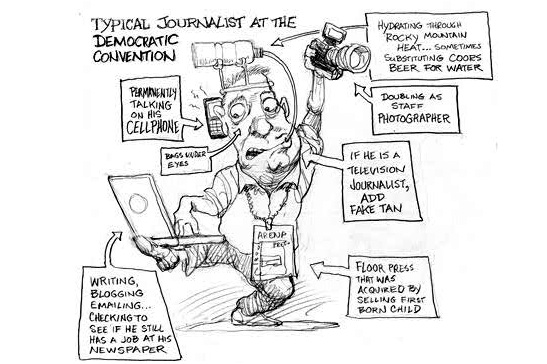It’s too early for civilians. As dawn’s first light falls on the jagged peaks, creeps down the dwindling glaciers and glides across glass-faced Swiftcurrent Lake, most of the tourists in the Many Glacier Hotel are still snoozing.
But down at water’s edge, three early risers huddle around a camera. One of the guys, leaning on a tripod and waiting for the clouds to arrange themselves over the jagged peaks, has a Beatles haircut, the build of a shortstop and a face you’ve seen before somewhere.
Perhaps during pledge week.
“I want more of the color,” he says, peering through a viewfinder. “OK, I’m doing it.” And the film rolls.
Yes, it’s Ken Burns, solemn PBS documentarian of the Civil War, jazz, baseball, Frank Lloyd Wright, Mark Twain, Congress, the Brooklyn Bridge, and more than a few other American characters and institutions. Beside him stand cinematographer Buddy Squires and writer Dayton Duncan. Upstairs in the hotel, Burns’ wife and 3-year-old are sleeping.
Related: Yellowstone Sunrise VR Scene and Waterton Lakes National Park




